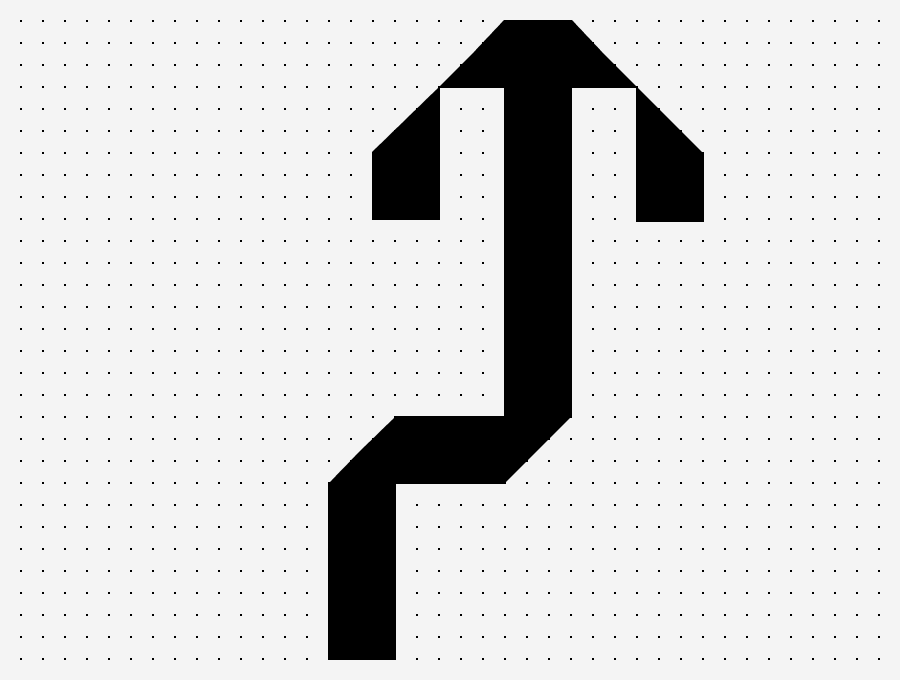Why Futures Are A Preferred Choice For Traders
Reasons Stock Traders Add Futures To Their Trading Portfolios
No Pattern Day Trader Rule Or Minimum Balance Requirement
Stock traders using margin must maintain a balance of $25,000 to actively day trade as required by the Pattern Day Trader (PDT) rule. When trading futures vs. stocks, there are no rules requiring a minimum account balance or restricting how many trades can be placed in a week. As a futures trader, you can trade long or short multiple times a day or week without worrying about day trading restrictions. All futures trading relies on margin, essentially a good-faith deposit required to control a futures contract. This good faith margin deposit is what enables future traders to buy and sell with greater leverage.
Leverage
One of the key benefits of futures trading vs. stocks is leverage. Most stocks only offer 25% day trading or 50% overnight margin when buying or shorting a stock. With futures you can put up less than 5% to control a position that represents a major market index or commodity which allows for potentially greater profits. Of course, with greater leverage comes increased risk and the potential for large losses. Make sure you always have a risk management plan in place when trading leveraged futures.
No Issues With Shorting
One of the biggest challenges stock traders face every day is the inability to short stocks and ETFs easily and consistently. This is often caused by a shortage of available long positions at a supporting brokerage which are needed to borrow those shares for a trader to enter a short position. With futures trading, entering a short position is seamless. Every future can be shorted, for any number of contracts, at any time.

Technical Analysis Made Easy
Build your futures trading foundation using technical analysis to identify trends, support and resistance and key chart patterns.
Diversification
Futures provide exposure and simplified access to a wide variety of financial markets and commodities which may otherwise be difficult to trade through the purchase of individual stocks. In addition to major market indices like the E-mini S&P, Nasdaq and Dow Jones, you can trade markets that affect our everyday lives like crude oil, gold and silver, bonds, even coffee and many others. Overall, futures contracts offer you greater diversification than other types of highly correlated investments and allow you to take advantage of more unique trading opportunities as they arise.
24-Hour Trading
If you really want to trade where the action is, then look no further than futures trading in a global marketplace. Unlike stocks and ETFs with limited trading hours and often limited trading volume, the primary futures markets are often highly liquid and tradable nearly 24 hours. This provides market opportunity around the clock allowing you to react to overnight news and trade on your own schedule with futures traders around the world.
Tax Advantages
One of the most substantial benefits of trading futures vs. stocks is the tax advantages. All stock trading profits where the stock is held for less than 1 year are taxed at 100% short-term gains, whereas all futures trading profits are taxed using a 60/40 rule. 60% of gains are taxed as long-term gains and 40% are taxed as short-term gains. This can be a considerable benefit for profitable traders. Be sure to consult your tax advisor for more information.

Watch Daily Live Futures Trading
Join our livestreams each weekday as we prepare, analyze and trade the futures markets in real-time using charting and analysis tools.

Intro To Technical Analysis
Learn to leverage technical analysis to target futures trading opportunities and identify trends using chart types, indicators and more.

Develop The Trader In You
Get started on your path to learn how to trade futures through our introductory video series outlining the first steps in your trading journey.

What Does It Cost To Get Started?
It's easy to get started with your futures trading account!
- Futures trading generally has a lower initial account opening capital requirement than stock trading.
- With stocks, there are day trading rules that require a trader to maintain minimum account balance of $25,000 which can be a high bar for new traders. Futures do not have a day trading capital requirement.
- There is no funding minimum requirement to get started with NinjaTrader. You can open your account with as little as a few hundred dollars and start trading any of the available Micro futures contracts.
Best Brokerage for Trading Futures

NinjaTrader is recognized for our unique combination of a high-performance trading platform, discount pricing, and real-time support.
Download NinjaTrader's award-winning software for FREE and see why it's consistently voted an industry leader by the trading community. NinjaTrader is always free to use for advanced charting, backtesting and trade simulation.

